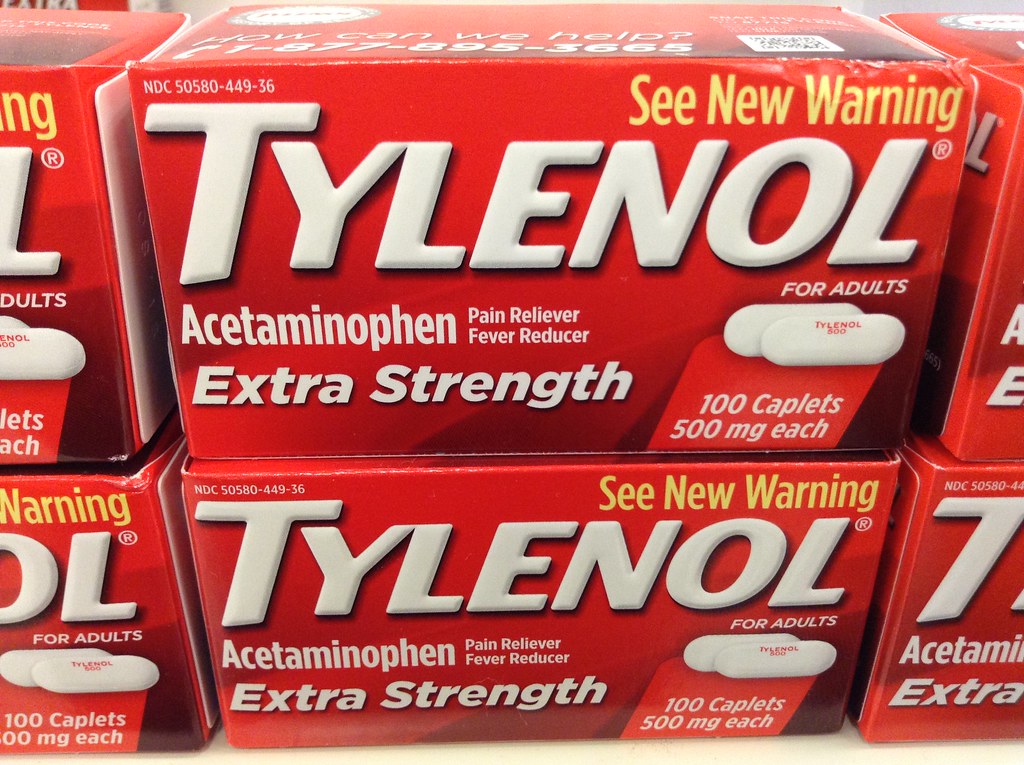Link Between Tylenol and Autism, ADHD
Views on the safety of Tylenol use in pregnancy changed drastically in 2021, when a group of 91 healthcare professionals and scientists issued a consensus statement warning that “increasing experimental and epidemiological research suggests that prenatal exposure to APAP might alter fetal development, which could increase the risks of some neurodevelopmental, reproductive and urogenital disorders.” In another study published in the European Journal of Epidemiology in 2021, researchers found that Tylenol use during pregnancy was associated with a 19% increased risk of autism and a 21% increased risk of ADHD in prenatally exposed children.
These recent findings echo those of earlier studies linking in-utero acetaminophen exposure to developmental disorders. A 2019 study funded by the National Institutes of Health (NIH), for instance, found that children with the highest levels of acetaminophen and its byproducts in their umbilical cord blood were 2.86-times more likely to show signs of ADHD and 3.62-times more likely to develop autism, compared to those with the lowest levels. Researchers who conducted a meta-analysis of 132,738 mother-child pairs came to a similar conclusion in 2018, revealing a 20% greater risk of autism and a 30% greater risk of ADHD among children who experienced prolonged exposure to acetaminophen in utero.


